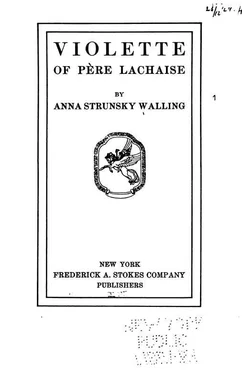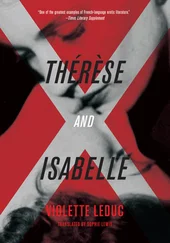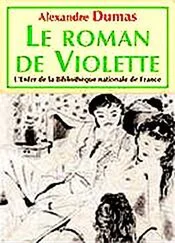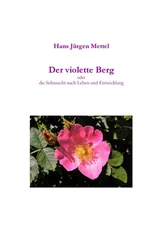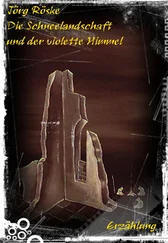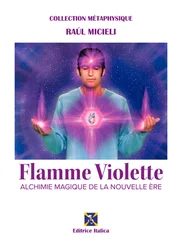Violette, walking home from the Academy to the narrow crowded street and half-decayed house in which she still lived, passing hundreds of such where dwelt families as poor as her own had been, was accompanied by such thoughts. Her eyes dwelt on the children playing about her. She saw in them the race, the future, immortality on earth, to whom all things belonged.
The movement for human emancipation-— it existed somewhere. It had no boundaries. Wherever the idea dwelt, there it lived and sought to incarnate itself as a social force. Everywhere throughout the world, hosts of unknown men and women were ready for the freer and richer life, and were preparing the ground that others might become so. She was one of them. She felt she could trust herself. Her passionate, romantic affirmation of life led her straight to them, to those who insisted that all must live freely, greatly, as no one has ever lived before.
Gervais had been quick to leave her. She had a life apart from the movement, which to him made her like the rest of the people in the world. But he was wrong. She was one with him. She felt as invincible as the idea which inspired them. She and he were there in the world, transitional characters, giving proof to the present that the future from which they hailed and which their lives akeady expressed, could indeed come to pass.
The friend of her childhood was also one of these—a man beyond time, beyond nation, beyond race, wholly emancipated from the spell of the past. He came every night to the theatre, if not to see the performance, then at the end to take her home, and again as in her childhood, their speech was always of the movement, the movement which held her ardent faith, and which she knew existed, but the sources of which she had not yet been able to find. Now, though she thrilled with her ever-growing power in her art, and was made happy by the recognition she received—a recognition which was to her in itself dramatic—her mind sought work with the people, work that should incarnate the truth by which she lived, the love with which she had become infatuated.
As she looked into the future she saw her own future unroll itself before her. There was a deep and intimate relation between her life and that other world life about which her thoughts revolved. Her years would be shaped by the forces with which she was already allied, her whole life would take their stamp. Already she foresaw acts that carried her far, deeds that would be expressive of the struggle of the classes in which she would take a direct part. Dimly she foresaw that she would be called upon to play her part in this greatest of all dramas. She wished it to be so. But it would not mean abdication of her own personal existence; it must augment everything that had ever begun in her; it must always mean the full jflowering of her whole personality. Out of it would be created her love and her motherhood.
When another autumn came she watched the fall of leaves—the crimson whirl in the air, the brilliant maples grouped about the white birch trees which were being stripped before her eyes by the breeze. Never did anything seem so beautiful, so right. She had looked at the marvellous foliage for a season of two weeks, nature had decorated herself, was celebrating some sacred approaching event—death, perhaps, and now she stood rapt and spellbound by the flaming vistas before her, feeling that all life was something more than she had known, that glories and splendours were the daily bread of existence. In a passionate downpour of leaves, the advance of death began, and she felt how right it was, how timely—she had no regrets, would not impede the fall of one of them.
Why could not all death be beautiful like this? When her time came, she too could deck herself out marvellously 1 She could summon more thoughts from out the recesses of her mind, memories that should be more than memories, charged with a vital force to persist, to act; she could array herself at the end in the full jflowering of all that had ever begun in her. Feelings from the heart, warm, palpitant, red as the sap in these leaves, could mount to her cheeks and eyes, make them jflash and shine, could curve her lips with smiles of transcendent tenderness; then, thoughts, memories, and feelings would circle gloriously in a rhythmic dance above her head, visions and people better than visions would press close to her, her heart would leap and flutter, her hands would search and find, and gladly, joyously, beauteously, she would surrender all, let them be carried out by gentle winds to impregnable regions while she herself sank to the ground, a symbol, a token, a pledge of love and life, like each brilliant leaf then descending.
THE END
THE NEW YORK PUBLIC LIBRARY RBFERBNGB DEPARTMENT
сopyright 1915
September 1916
